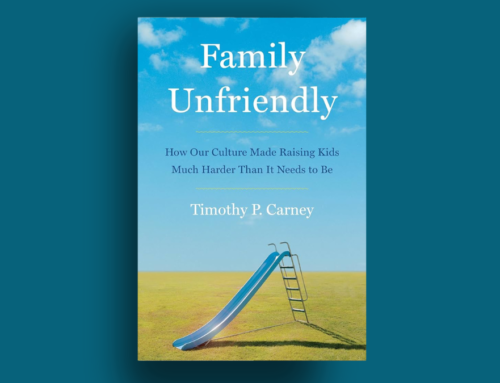A Mixed Blessing
Reprinted from Today in the Word
The fall of Jerusalem in 586 B.C. was a tragic turning point in Israel’s history. It was also the climax of Jeremiah’s prophetic ministry. God’s judgment had come to pass. He’d obeyed God and spoken truth, but the fulfillment of his messages grieved him deeply. In response, he wrote the book of Lamentations. These poems connect the justice, sovereignty, and love of God and ultimately affirm that His mercies are “new every morning” (Lam. 3:21–26).
The Babylonians had heard of Jeremiah and his prophecies (vv. 2–3), which turned out to be a mixed blessing for him. He wasn’t forced into exile. They set him free to go wherever he liked (v. 4).
What were his options? He could travel to the enemy city of Babylon, where his fellow Jews were being taken, but many of them viewed him as a kind of traitor or collaborator because he’d foretold their defeat. Or he could stay, with Jerusalem occupied, the Temple burned, the walls torn down, and the land empty of all but the poorest people. It must have felt like a lose-lose choice. What happened? Simply put, his ministry continued. The word of the Lord continued to come to him (v. 1). He decided to stay and advise Gedaliah, the newly appointed imperial governor. The Babylonians gave him “provisions and a present,” that is, the means to survive in a conquered country stripped of its people and resources (vv. 5–6).
The bottom line? God continued to watch over, protect, and provide for His prophet. The Babylonians thought they were in control, but it was the Lord. The pagan world superpower was following God’s plan exactly. This is why Jeremiah could continue to trust in the Lord even while lamenting the loss of all he’d ever known.
No matter what you’re facing or experiencing today, God is in control in your life as well. Say with Jeremiah: “The LORD is good to those whose hope is in him” (Lam 3:25).
Extended reading: Jeremiah 40–41
With Jeremiah, we pray, “‘The LORD is my portion; therefore I will wait for him.’…It is good to wait quietly for the salvation of the LORD” (Lam. 3:24, 26). Even when we experience earth’s pain, our hope remains eternal.








Leave a Reply, please --- thank you.